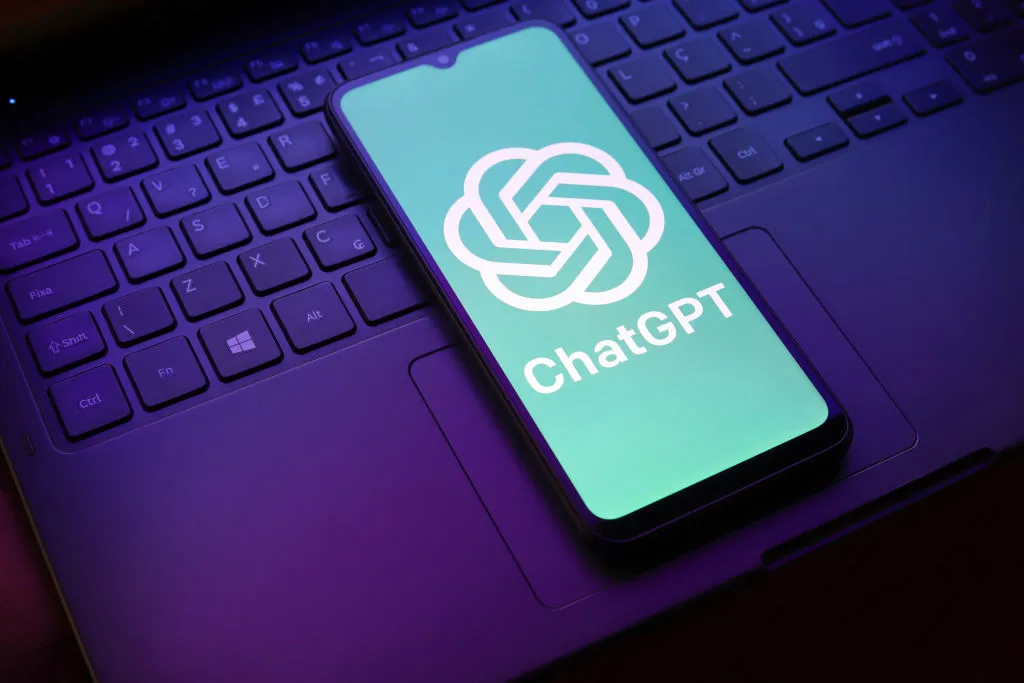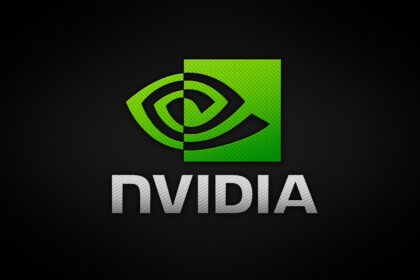OpenAI has announced a ground-breaking update to ChatGPT, allowing developers to create and integrate interactive applications directly within the AI chatbot. Beginning Monday, users will be able to access apps from major companies such as Booking.com, Expedia, Spotify, Figma, Coursera, Zillow, and Canva, all from within ChatGPT conversations.
The announcement was made during OpenAI’s annual developer conference, DevDay 2025, where CEO Sam Altman described the launch as part of the company’s mission to make ChatGPT “a great way for people to make progress, to be more productive, more inventive, and to learn faster.”
“Apps inside ChatGPT will enable a new generation of experiences that are interactive, adaptive, and personalized, apps you can actually chat with,” Altman said.
This latest move marks OpenAI’s most ambitious effort yet to build an ecosystem around ChatGPT, following earlier initiatives like the GPT Store. Unlike the GPT Store, which existed as a separate marketplace, these new apps live natively inside ChatGPT, allowing users to call up third-party tools within conversations.
For instance, a user can type, “Figma, turn this sketch into a workable diagram,” or ask, “Coursera, can you teach me something about machine learning?”, and ChatGPT will interactively pull results from the corresponding app.
During the live demo, Zillow’s ChatGPT app let users search for apartments by simply chatting in natural language. The AI then displayed an interactive map with listings, complete with real-time filtering and details.
ChatGPT will also intelligently suggest relevant apps depending on the user’s query. For example, when planning a party playlist, ChatGPT may automatically pull in Spotify. Future integrations will include DoorDash, Instacart, Uber, and AllTrails, expanding ChatGPT’s reach across everyday digital services.
Powered by the Model Context Protocol
The new system is built on OpenAI’s Model Context Protocol (MCP), which allows developers to connect external data sources and trigger dynamic, interactive user interfaces. Some apps can even render videos and real-time content inside ChatGPT’s window.
Users with existing subscriptions will be able to log into their accounts directly within ChatGPT, while developers will soon be able to monetize their apps using OpenAI’s Instant Checkout feature.
Privacy, Monetization, and Competition Questions
While the feature promises innovation, it also raises privacy questions. OpenAI says developers must “collect only the minimum data needed and be transparent about permissions.” However, it remains unclear whether developers can access full user conversations or just the immediate prompts that summon their apps.
Another unresolved concern is how ChatGPT will handle competition between similar services, such as DoorDash and Instacart. Although OpenAI hasn’t disclosed specifics, the company insists it will prioritize user experience over paid placements.
Related: OpenAI DevDay 2025: What to Expect from Sam Altman, Jony Ive, and the Company’s Biggest Event Yet
A Step Toward the Future of Conversational Computing
By embedding third-party applications directly into ChatGPT, OpenAI is effectively turning the chatbot into a central hub for digital interaction, combining productivity, entertainment, and learning in one conversational interface.
As the company opens up its Apps SDK preview, developers around the world now have the tools to build the next generation of AI-powered experiences inside ChatGPT, blurring the lines between chat, app, and assistant.






